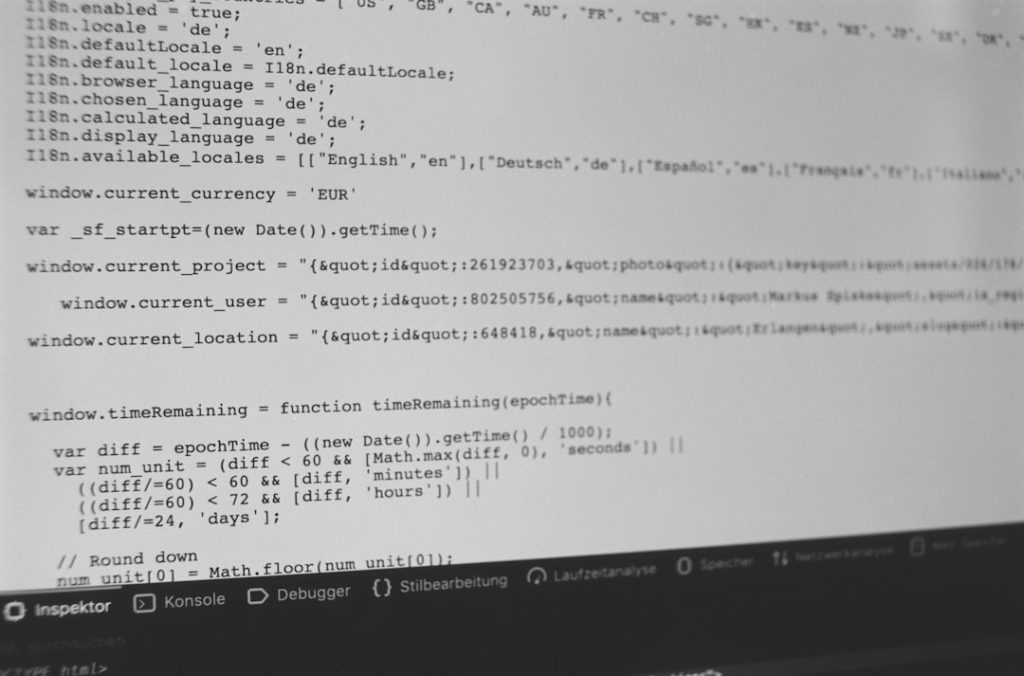The field of Artificial Intelligence (AI) is evolving at an unprecedented pace, creating a massive demand for professionals equipped with the right skills. Whether one is an aspiring data scientist, a software developer, or a tech enthusiast looking to dive into the world of AI, understanding which skills are most sought-after can be a game-changer. Here are the top five in-demand AI skills that are essential to master in today’s competitive market.
1. Machine Learning and Deep Learning
At the heart of AI is machine learning (ML), a field that enables machines to learn from data and improve over time without explicit programming. Going deeper, deep learning uses neural networks with multiple layers to simulate human-like decision-making.
Frameworks such as TensorFlow, PyTorch, and Keras are critical tools for implementing deep learning models. Professionals skilled in these libraries are in high demand across industries including finance, healthcare, and e-commerce.
2. Natural Language Processing (NLP)
NLP is the ability of computers to understand, interpret, and generate human language. It’s a rapidly growing area, especially with the rise of virtual assistants, customer service bots, and language translation services.
Key concepts include sentiment analysis, named entity recognition, language modeling, and text classification. Familiarity with NLP libraries like spaCy, NLTK, and Hugging Face Transformers can greatly enhance one’s marketability.
3. Data Engineering and Big Data Technologies
AI heavily depends on the availability and management of vast datasets. That’s where data engineering comes into play. AI professionals must not only build models but also know how to prepare and process data for analysis.
Skills in tools such as Apache Spark, Hadoop, and Kafka, along with database management systems like SQL and NoSQL, are critical for handling big data pipelines efficiently.
4. Computer Vision
Computer vision is another burgeoning field within AI, enabling machines to interpret images and video. From facial recognition systems to self-driving cars, this technology has vast real-world impact.
Key algorithms involve object detection, image segmentation, and feature extraction. Mastery of OpenCV and deep learning applications like YOLO (You Only Look Once) enhances expertise in this area.
5. AI Ethics and Explainability
As AI systems become more embedded in society, understanding the ethical implications of AI is increasingly important. Issues such as bias, fairness, transparency, and accountability must be addressed during model development.
Explainability tools like LIME and SHAP are used to understand how models make decisions. Professionals who can bridge technical expertise with ethical considerations are invaluable in ensuring responsible AI deployment.
Conclusion
The integration of AI into almost every sector means that demand for AI skills will only grow stronger. Mastering these five areas—Machine Learning, NLP, Data Engineering, Computer Vision, and AI Ethics—will not only make professionals more marketable but also future-proof their careers in an AI-driven world.
Frequently Asked Questions (FAQ)
-
Q: Do I need a degree in computer science to learn AI?
A: No, while a formal background can be helpful, many online courses and bootcamps offer in-depth AI training without requiring a CS degree. -
Q: What programming languages are best for AI?
A: Python is the most widely used language due to its simplicity and availability of AI libraries. R and Java are also used in specific contexts. -
Q: How do I get started with machine learning?
A: Begin by learning Python, explore linear algebra and basic statistics, and then move on to beginner-friendly ML libraries like Scikit-learn. -
Q: Are AI ethics and bias really that important?
A: Absolutely. As AI systems influence healthcare, law enforcement, and education, ensuring fairness and transparency is crucial. -
Q: How long does it take to become proficient in AI?
A: It varies, but with consistent learning, many develop a solid foundation in 6–12 months. Continued practice and projects are key to mastery.
